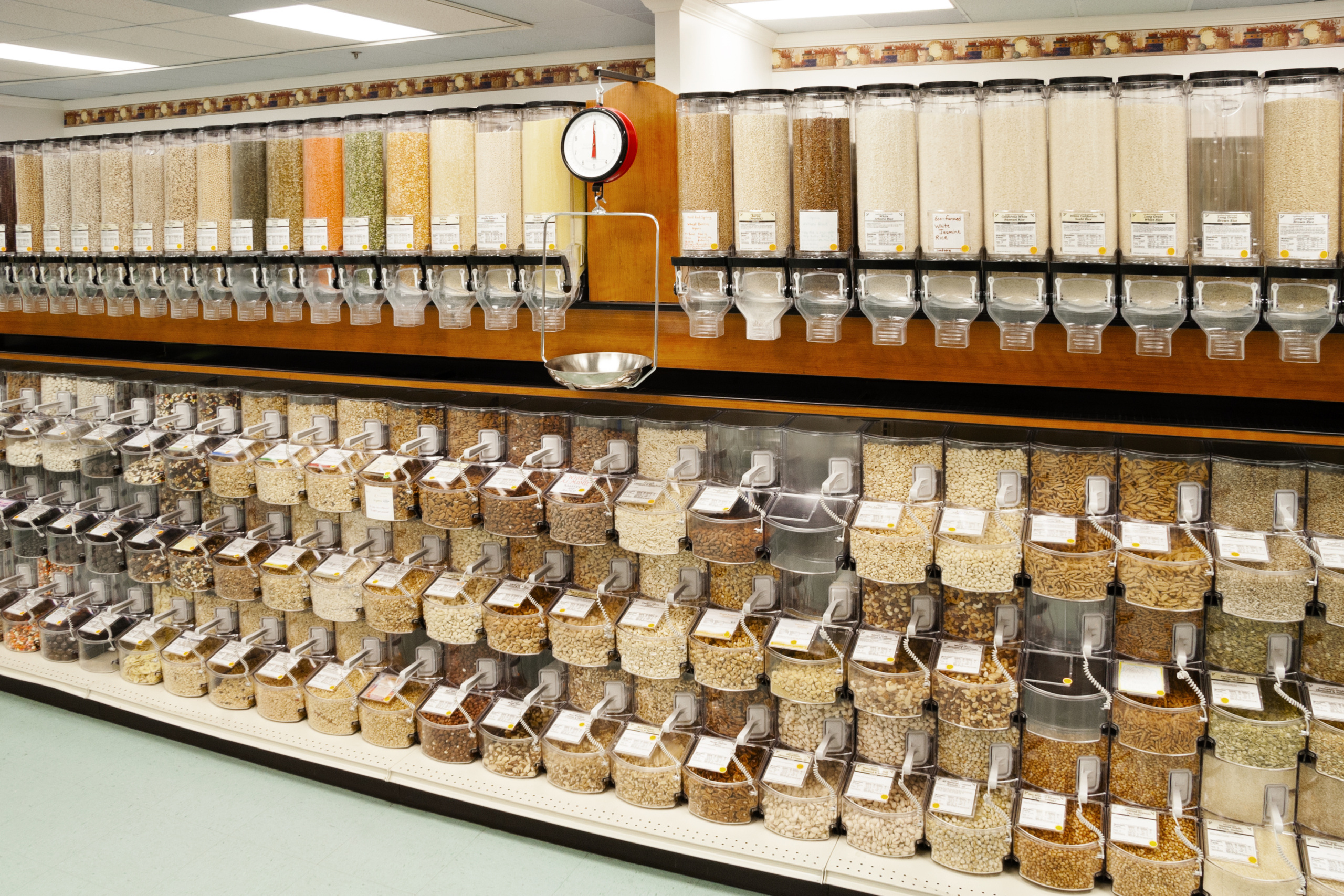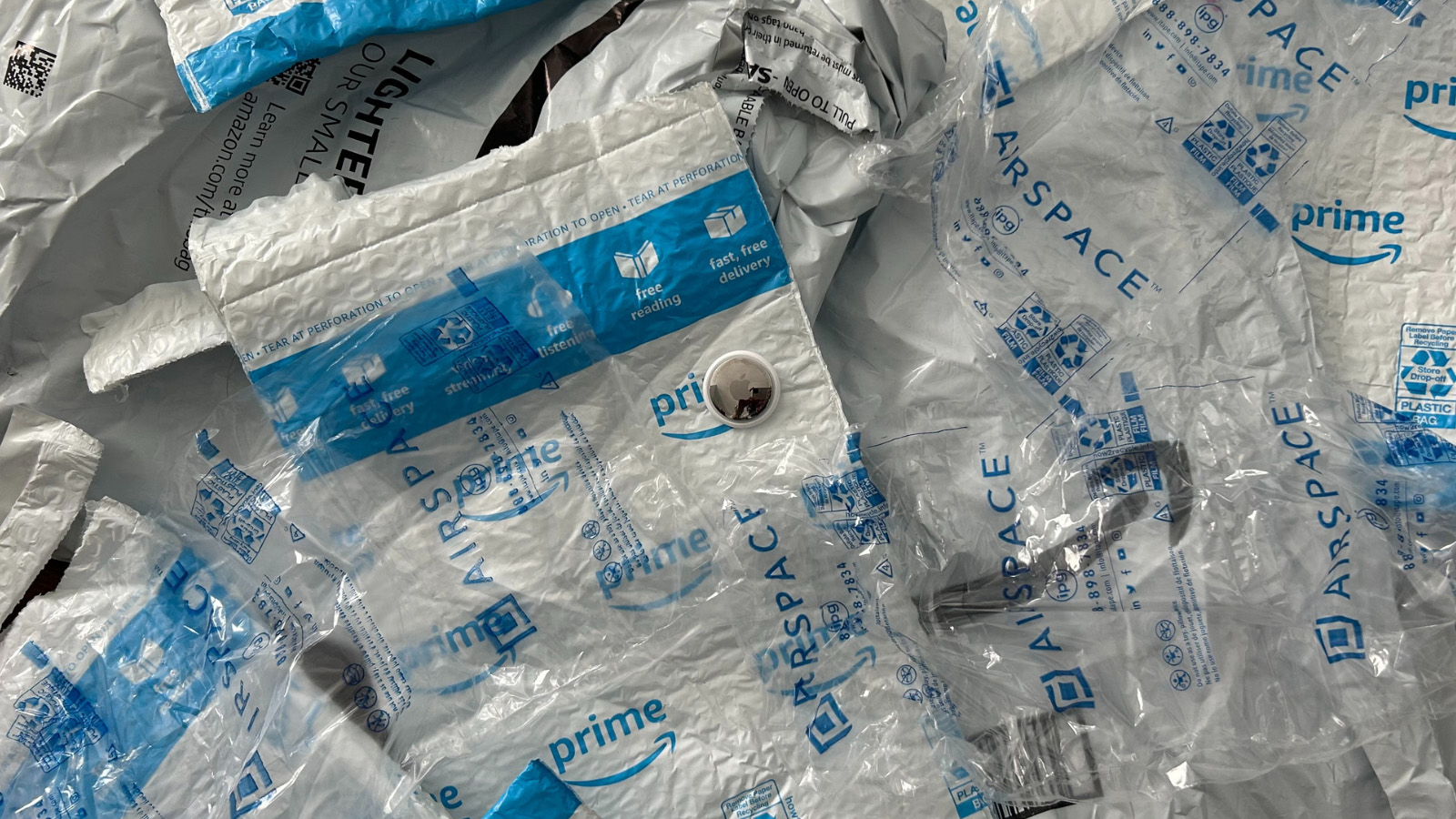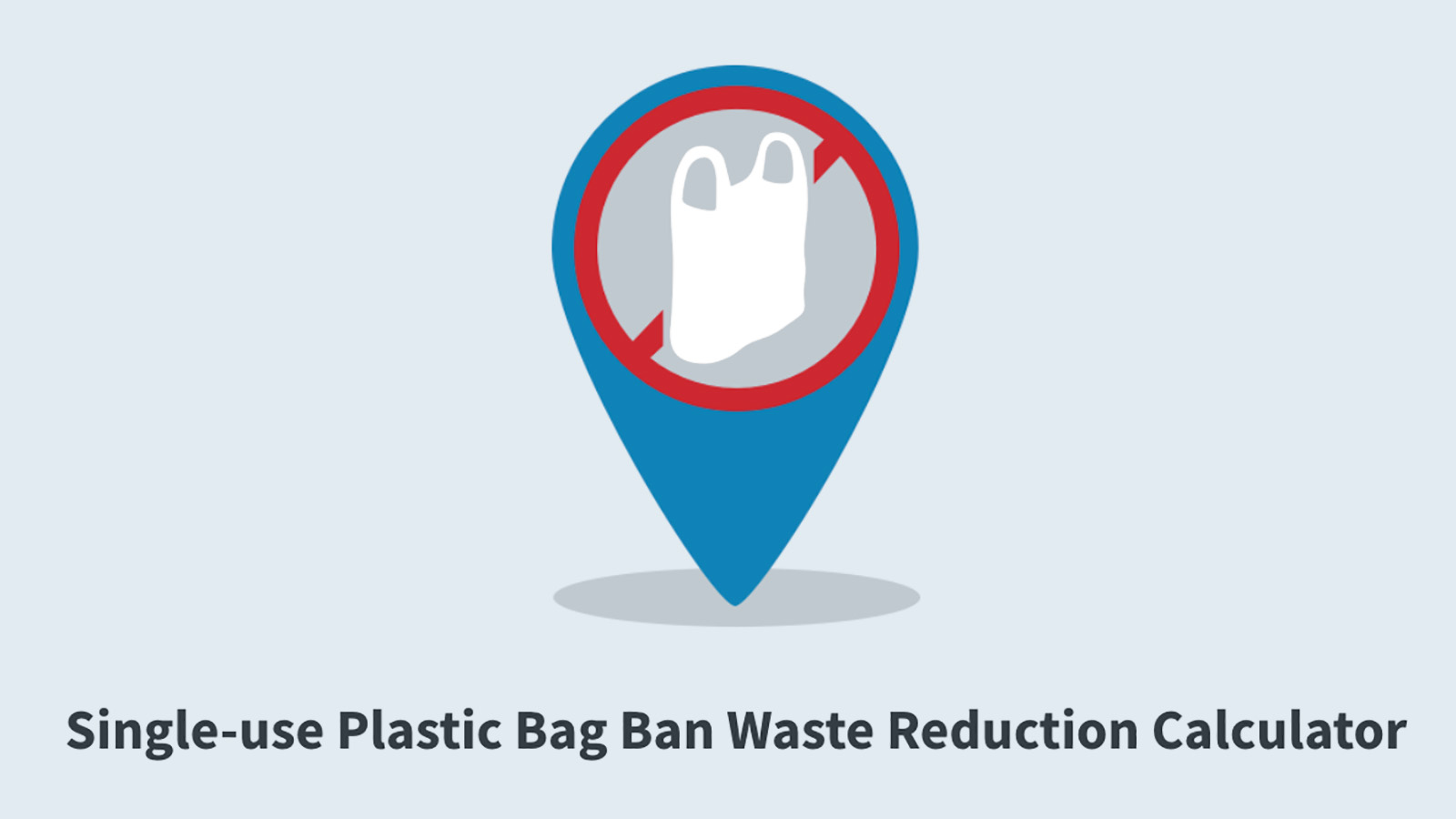
Testimony: Baltimore should Ban Plastic Bags
Today, we submitted testimony in support of Council Bill 19-0401, the Comprehensive Bag Reduction, a Baltimore City bill to ban single use plastic bags.
Today, we submitted the testimony below in support of Council Bill 19-0401, the Comprehensive Bag Reduction, a Baltimore City bill to ban single use plastic bags.
—
Environment Maryland is a citizen-based environmental advocacy organization. We work to protect clean air, clean water, and open space. We have thousands of members across the state and are based in Baltimore.
Maryland PIRG’s mission is to deliver persistent, result-oriented public interest activism that protects consumers, encourages a fair, sustainable economy, and fosters responsive, democratic government. We are a Baltimore based, statewide, non-partisan, non-profit, citizen-funded public interest advocacy organization with members across the state and a student-funded, student-directed chapter at the University of Maryland College Park.
This summer Environment Maryland staff knocked on 15,000 doors across the state to talk to Marylanders about plastic pollution and its impact on wildlife. We talked with 2,000 Baltimoreans, collected 850 petition signatures, and more than 100 photo petitions from Baltimore residents calling on legislators to support a ban on single use plastic bags.
We want to thank the City Council for your leadership in reducing plastic pollution through a ban on foam food packaging, and we hope this can be the year we bring the bag ban over the finish line.
Here are the top 10 reasons that we support this ban. In no particular order:
#1-Reduce Waste: According to the Center for Biological Diversity, a plastic bag is used for an average of 12 minutes, but can persist in our environment, and pollute our communities, for generations. Nothing we use for a few minutes should be allowed to pollute our communities and the bay for hundreds of years—especially when we don’t really need it.
#2-Reduce Waste: Each year, the average American use more than 300 single-use disposable bags, and only about 1% of these bags are returned for recycling, with even fewer actually going through the process. If they somehow magically disappeared into thin air after use, we might not be here today. But they do not disappear, they cause tremendous problems for our environment, public health, public works, and economy.
#3-Reduce Waste: We do not need single use plastic bags. They were only introduced in this country in the 1970’s. We had a civilized, modern society before these bags became part of everyday commercial life, and we need to move away from them.
#4-Reduce pollution: Plastic bag disposal is a lose/lose/lose. Virtually un-recyclable, when we dispose of them they end up buried in leaky-landfills or burned in incinerators. If they get loose they end up littering our neighborhoods, roads, and waterways. Plastic bags are lightweight and when they are not disposed of properly, they can get caught by the wind and are carried into our waterways where it eventually leads to the ocean. Plastic bag waste harms health, quality of life, and the environment.
#5-Reduce pollution: According to many different sources, it takes more than 500 years for a plastic bag to degrade. The bags don’t break down completely but instead photo-degrade, becoming microplastics that absorb toxins and continue to pollute the environment.
#6-Reduce pollution: For a bird or fish or turtle, it’s easy to mistake a small piece of plastic for food—especially when there are millions of pieces of plastic floating in our waterways. Scientists have found plastic fragments in literally hundreds of species, including 86% of all sea turtle species, 44% of all seabird species, and 43% of all marine mammal species. Ingesting these fragments is often fatal. Animals starve when they ingest too much plastic that they can’t digest.
#7-Reduce pollution: Plastic bags are made of fossil fuels. The more plastic bags are manufactured, the more we are using fossil fuels. According to National Geographic about 8 percent of the world’s oil production is used to make plastic and power the manufacturing of it. That figure is projected to rise to 20 percent by 2050.
#8-Promote the public interest: In almost every community which has considered or adopted plastic bans, you find the opponents representing huge industries. Manufacturers of plastic, supermarket chains, the petrochemical industry all have pushed hard against citizen initiatives to promote bans. Yet time and again, the public supports and win bans.
#9-Good public policy: Across the country, plastic bag bans have passed in over 350 cities and other communities. Some companies are also getting with the program. Kroger, the nation’s largest grocer which includes Harris Teeter and others, has committed to phasing out plastic bags, and other stores like My Organic Market (MOM’s) and Trader Joe’s have already done away with them.
#10-Save money: It stands to reason that cleaning up plastic bag waste and cleaning it out of storm drains, among other places, costs money. One study citing data from the California Integrated Waste Management Board, noted that San Jose alone spends “at least $3 million annually to clean plastic bags from creeks and clogged storm drains.” Let’s kick our plastic problem so we can save money, and ultimately send Mr. Trash Wheel into early retirement.
Thank you for your consideration, and service to Baltimore.
Topics
Find Out More


Truth in recycling

Plastic bag bans work


